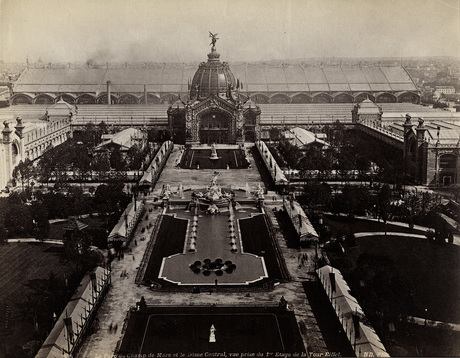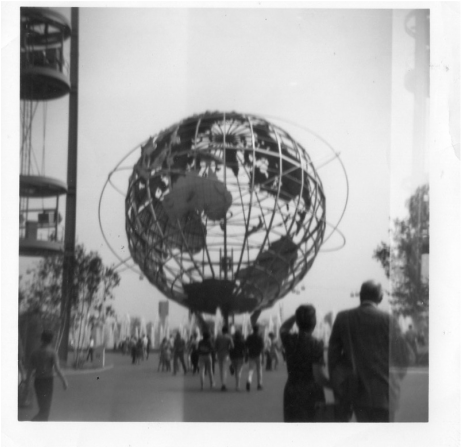The Fair's Establishment
World's Fairs are festivals held almost every year in different parts of the world honoring new and exciting inventions as well as celebrating all ethnicities. The goal of the fairs is to showcase advances in manufacturing, science, and technology while viewing handmade goods, models, ethnographic artifacts, works of art, and various forms of entertainment.
|
"The origins of the world's fair lie in the Industrial Revolution, which vastly expanded manufacturing, trade, and transportation in the first half of the nineteenth century."
"Unlike the great medieval fairs, the chief aim of the manufacturing exhibitions and later world's fairs was not buying and selling but exhibiting the latest machines and products in order to stimulate competition and economic progress. In Britain, the Royal Society of Arts held an exhibition of machinery and mechanical inventions in 1761, and small exhibitions of industrial products were held in Geneva in 1789, Hamburg in 1790, and Prague in 1791. The first national exhibition of industrial products, however, took place in France under the Directorate." "France continued to hold national manufacturing exhibitions periodically throughout the first half of the nineteenth century, culminating in the 1849 exhibition, which lasted for six months and drew over 4,500 exhibitors." -(Gale) |
 Panorama of the Champs de Mars (National Gallery of Art 1900)
Panorama of the Champs de Mars (National Gallery of Art 1900)
"The idea of holding an international industrial exhibition to educate domestic producers by exposing them to foreign manufactures was first raised in France, in 1834 and again in 1849, but protectionist arguments warning of foreign competition and industrial espionage proved persuasive and the idea was dropped, only to be picked up by Henry Cole, a member of the Royal Society of Arts, during his visit to the 1849 Paris exhibition."
"The exhibition was opened by Queen Victoria and Prince Albert on 1 May 1851 in the presence of the ambassadors of the participating nations."
-(Gale)

